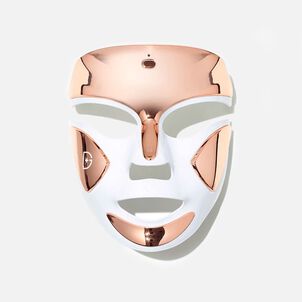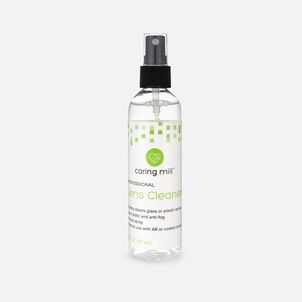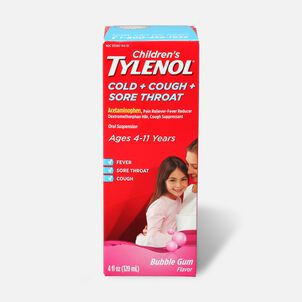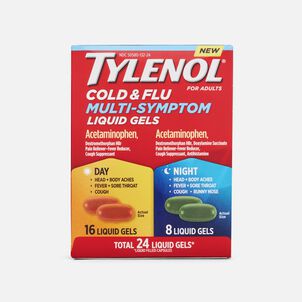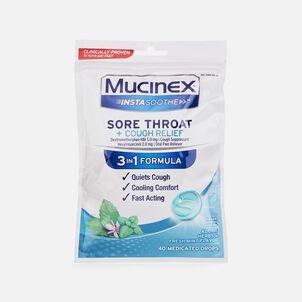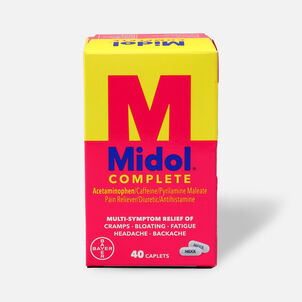 | SHOP NOW
| SHOP NOWHiking the Andes or lounging on a private Caribbean island sounds like a dream - until you sprain an ankle, or get stung by a jellyfish.
We're not trying to be downers. But, whether you're traveling for a week or a month, the last thing you want to think about is taking care of medical mishaps. In the event that you do, you might as well try to save on taxes, right?
So rest assured, you can use your HSA when traveling abroad. However, there are limitations as to what you can spend your money on tax-free. And keep in mind you may also need to pay extra fees, depending on your HSA provider.
What counts as a qualified medical expense overseas?
According to the IRS, you can purchase medications purchased in another country only if you consume them there. The medicine needs to be legal in the United States and in the country you're purchasing it from.
As for what types of drugs and medicine counts, they're technically the same ones that qualify when you're in the U.S. It must be used for medical care (general health and cosmetic purposes don't count), and needs to be legally purchased and prescribed.
You may also use your HSA funds for medical treatments, as long as they're considered legal in the country where you had the procedure done.
A few examples?
Let's say you end up getting a fever for a few days and end up going to a doctor in Canada. He decides to prescribe you antibiotics to knock it out of your system. As long as that type of antibiotics is considered legal (and can prove it was actually prescribed), it'll most likely count as a qualified medical expense if you take the antibiotics while in Canada.
Now if you were to purchase vitamins or sunscreen, these may not count. Even if it's the exact same brand you use in the U.S. it'll be hard to deduct this expense, as you could be using the sunscreen or vitamins long after your trip is over.
Should you use your HSA funds abroad?
Every little bit of savings helps, and on the surface it sounds like it makes sense to use your HSA funds when you're in another country. However, it may cost you more to do so versus paying out of pocket.
Some HSA providers provide a debit or Visa card for you to access your funds. However, if you use the card in another country, you could be charged a markup, or a conversion fee. These fees are similar to what you'd pay for any other credit card and can range anywhere from 1-3% depending on provider.
Of course, only you can decide what's the best decision for you. For example, if you paid for a pricey medical procedure that you can't pay off all in one go, using your HSA may be a smart choice. The best course of action is to bring a few medications just in case minor mishaps happen, and use common sense when traveling. That way, you can enjoy your trip and not spend most of it in the emergency room.

















.png)
